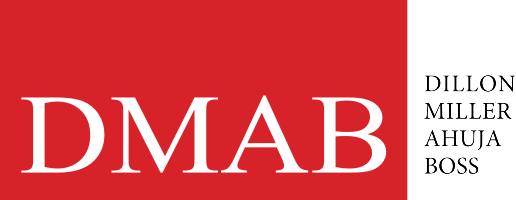Entrepreneurs who start new businesses often choose a formation structure that can protect them from legal risk. Limited liability companies (LLCs), for example, are a smart choice for those who hope to run a company without putting their personal assets or future income at risk should the business fail.
What people sometimes do not understand is that the protection offered by such structures is not universal. Small mistakes during the startup process can reduce how much protection a more complex business structure offers an individual. One common mistake, in particular, could lead to financial liability for an entrepreneur if the business they start eventually fails.
Commingling resources is an easy mistake to make
People are often casual about financial matters in the startup stages of a business. They may fail to fully separate their personal assets from business resources. They might use their personal checking account to pay for early business costs, for example. They might also deposit checks from clients or customers into a personal account or fail to differentiate between business resources and personal assets.
Using personal assets for business purposes or vice versa is commingling, and it is a dangerous practice. The failure to carefully separate finances and assets could cause issues later if the company fails or faces lawsuits. Creditors pursuing payment for debts and those seeking compensation via a lawsuit against the business could use that prior commingling as a means of holding the business owner personally accountable for debts.
Misconduct, including financial mismanagement, might justify plaintiffs asking the courts to pierce the corporate veil. If the business is unable to repay creditors or compensate those who file a lawsuit, then the owner could be at risk of having financial liability. Provided that there is evidence of commingling, an entrepreneur could be at risk of losing personal resources over business-related financial claims. Essentially, financial oversights and misconduct could leave a business owner vulnerable to litigation initiated by outside parties in the future. Creditors and lawsuit plaintiffs may, ultimately, be able to seek compensation from a business owner’s personal resources or future income.
Establishing a new business requires careful planning, including the separation of financial resources from personal assets. Entrepreneurs who follow the right steps can mitigate much of the risk inherent in launching a new company.
